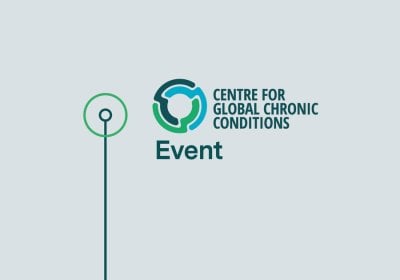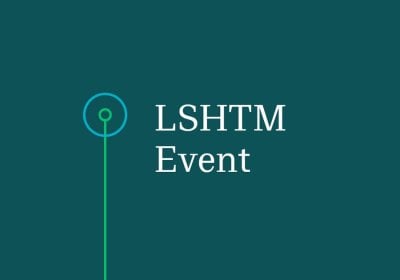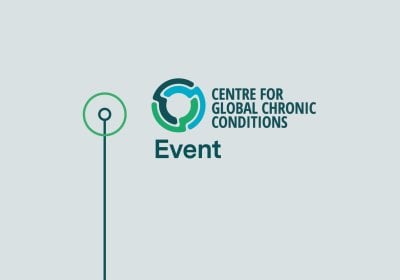The future of NCD Epidemiology (methods or matter)?
Shah Ebrahim is a clinical epidemiologist with research interests in heart disease and stroke. He was director of the British Women’s Heart & Health Study – a national cohort study of British women – established in 1999. He was also founding coordinating editor of the Cochrane Heart Group and was Co-Editor-in-Chief of the International Journal of Epidemiology from 2000 to 2016. He spent 6 years working in India with the Public Health Foundation of India conducting research on chronic disease prevention and capacity building for public health. Most of his research has been funded by the Wellcome Trust. He retired in 2014 and continues to work for Wellcome-India Alliance, Institute of Global Health Innovation, Imperial College London (formerly NICE International) and campaigns against ageism in global health policy.
The future of NCD Epidemiology (methods or matter)?
One of the outcomes of the human genome project has been to provide epidemiologists with massive opportunities to carry out genetic association studies on a range of disease related phenotypes. This research has resulted in large-scale data consortia, high profile publications with hundreds of authors, and findings that are attuned to discovery of mechanisms of disease – and, hopefully, pharmacological advances. However, the determinants of disease rates in a population and influences on individual susceptibility need not be the same. The wider uses of epidemiology, proposed by Jerry Morris in the 1940s, are of less interest now and are neglected by methodological trends in modern epidemiology. The ‘big picture’ – health and disease are as much social as biological phenomena – should remain in view. Several trends over the last two decades are of interest: the use of Mendelian randomization to aid discovery of environmental causes of diseases; non-representativeness in large-scale biobank study populations doesn’t matter; causal inference methods and DAGs; the rise of population health sciences to fill the gaps left by modern epidemiology; big data; re-analysis, re-appraisal and re-interpretation of data; and renewed interest in monitoring and surveillance. New methods are important but for epidemiology to fulfil its promises, the questions posed are just as important and should not be determined by methods.
Contact




